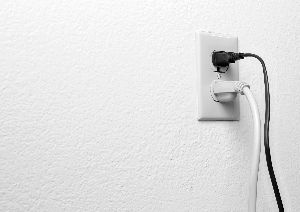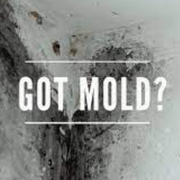What Are the Categories of Fire Damage?

When it comes to fire damage restoration, not all destructive blazes are created equal. The source of the fire and the extent of the property damage can play an important role in determining which restoration techniques will be most effective. It can also influence how your insurance processes your claim. Here’s a closer look at the classification system.
What the Six Classes of Fire Damage Designate
Fire damage is typically separated into six distinct categories, labeled Class A through Class F. These designations refer to the materials that were responsible for starting the fire, as this can factor into how the damage is addressed.
For example, Class A fires involve flammable wood, paper, cloth, plastics, and solids. Class B fires are caused by liquids like gas, paint, and oil. Class C fires result from gasses like propane or hydrogen, while Class D fires involve combustible metals, such as potassium and sodium.

Class E fires involve electrical elements. Finally, Class F fires are caused by fats and cooking oils, which are known for higher heat and more intense damage than similar Class B materials.
How Insurance Companies View Primary vs. Secondary Damage
When planning for fire damage restoration work with your insurance company, they will typically categorize the damage as primary or secondary. Primary damage refers to anything inside the home that was directly affected by flames.
Secondary damage, on the other hand, refers to other issues resulting from the fire. The bulk of the damage to a property is usually indirect. This could include damage from smoke and other corrosive substances, water damage repairs that may be needed from putting out the fire, or structural issues exposing the interior to the elements.
If you need fire damage restoration work for your property, contact EmergencyDamage.net in Atlanta, GA. Providing 24/7 disaster recovery services to the Metro area, their IIRC®-certified team draws from over 100 years of combined experience to restore properties to their former conditions. To learn more about their services or request a free quote, visit them online or call (404) 468-5343.
About the Business
(17 reviews)
Have a question? Ask the experts!
Send your question

